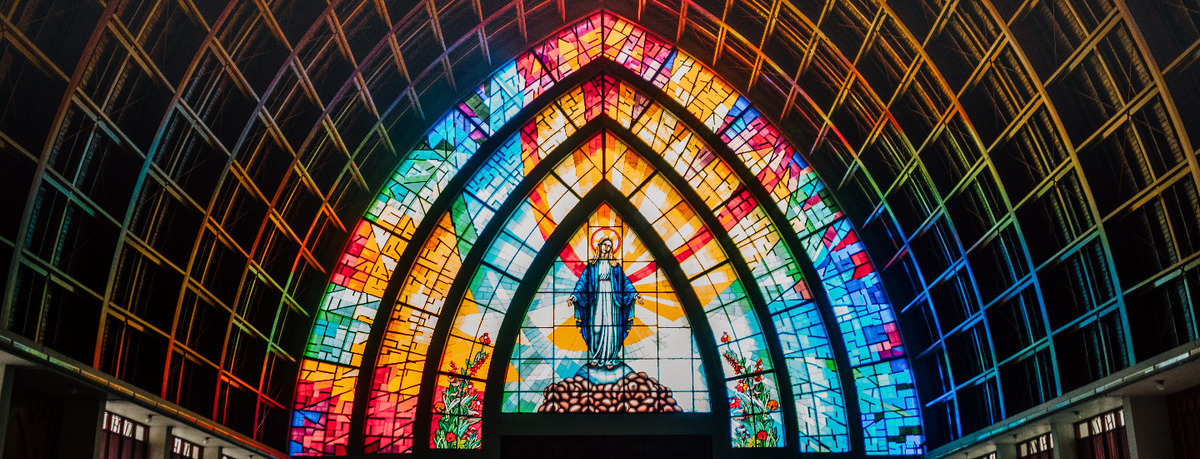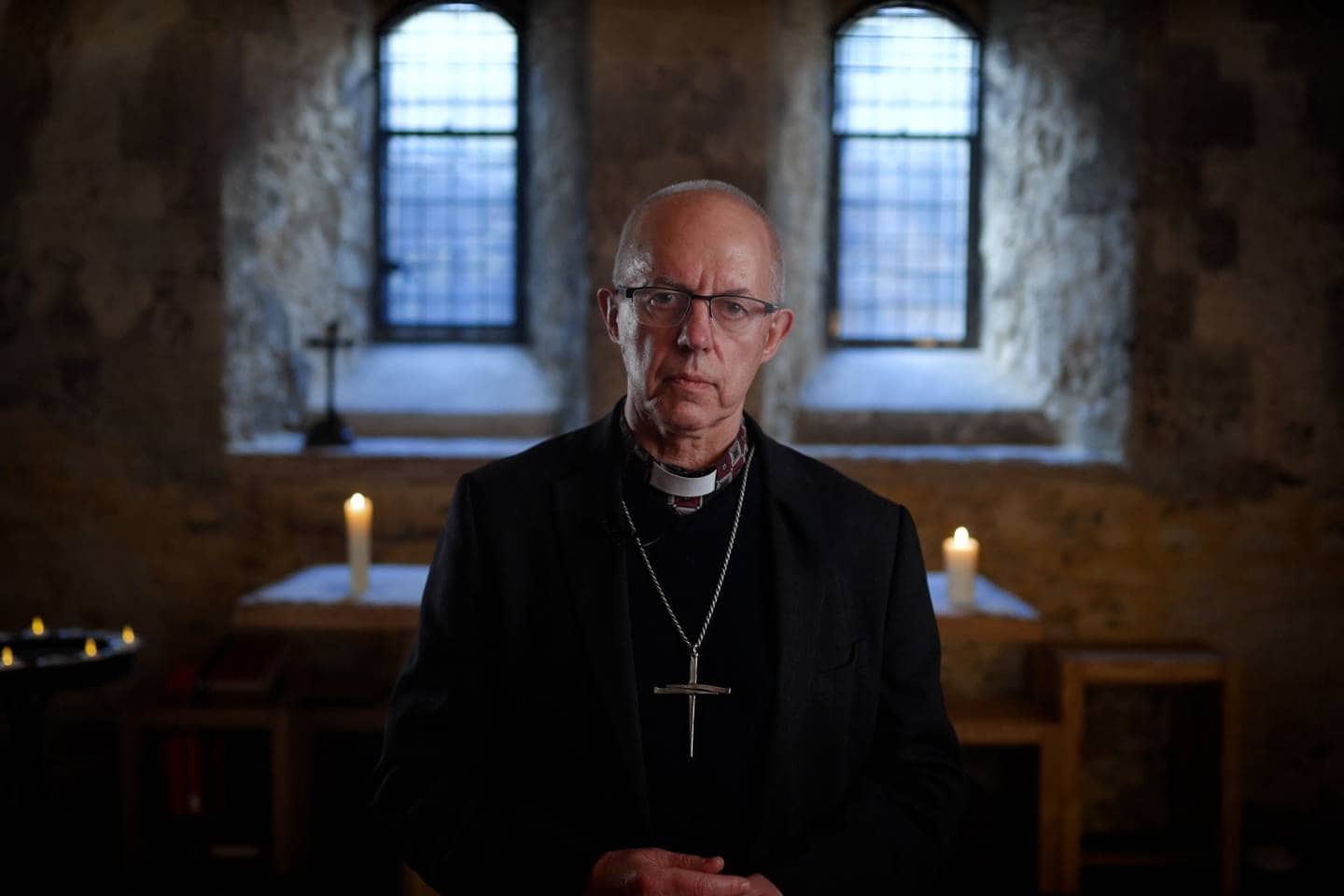Faith in Flux: How Millions Are Abandoning Their Religious Roots
Religion
2025-03-26 15:01:11Content

A groundbreaking global study reveals a significant religious shift, with approximately 20 percent of adults worldwide abandoning the faith of their childhood. The research highlights a dramatic transformation in religious landscapes, with Christianity and Buddhism experiencing the most substantial declines in membership.
This unprecedented exodus from traditional religious frameworks suggests a profound cultural transformation, as individuals increasingly question and redefine their spiritual identities. The study underscores a growing trend of religious mobility, where people are more willing than ever to explore and choose spiritual paths that align more closely with their personal beliefs and experiences.
The findings not only illuminate changing religious dynamics but also reflect broader societal shifts in globalization, education, and individual autonomy. As more people gain access to diverse perspectives and information, traditional religious boundaries are becoming more fluid and permeable.
Global Faith Shift: The Mass Exodus from Traditional Religious Beliefs
In an era of unprecedented social transformation, religious landscapes are undergoing dramatic metamorphosis. Contemporary research reveals a profound global trend where individuals are increasingly disconnecting from their ancestral faith traditions, challenging long-established spiritual paradigms and signaling a significant cultural revolution.Unraveling the Spiritual Transformation of Modern Societies
The Dynamics of Religious Disengagement
Religious institutions worldwide are experiencing unprecedented challenges as populations increasingly question and abandon traditional belief systems. Comprehensive sociological studies indicate a complex interplay of factors driving this massive spiritual migration. Younger generations, characterized by heightened critical thinking and global connectivity, are demonstrating unprecedented willingness to challenge inherited religious narratives. Technological advancements and increased access to diverse philosophical perspectives have fundamentally reshaped individual spiritual journeys. The internet and global communication platforms have exposed individuals to multifaceted worldviews, enabling unprecedented intellectual exploration beyond geographical and cultural boundaries.Christianity and Buddhism: Epicenters of Religious Transformation
Remarkably, Christianity and Buddhism emerge as the most significantly impacted religious traditions in this global spiritual recalibration. These ancient belief systems, which have historically demonstrated remarkable resilience, now face unprecedented challenges in maintaining congregational loyalty. Within Christian communities, doctrinal rigidity and perceived disconnection from contemporary social realities have accelerated membership decline. Progressive demographic segments find traditional interpretations increasingly incompatible with evolving ethical standards and scientific understanding. Similarly, Buddhist traditions experience substantial transformations as practitioners reinterpret philosophical principles through modern psychological and philosophical lenses.Sociological Implications of Religious Migration
The widespread departure from childhood religious frameworks represents more than a statistical phenomenon—it signifies a profound cultural metamorphosis. Researchers argue that this trend reflects deeper societal shifts, including increased individualism, scientific literacy, and global interconnectedness. Educational systems and globalization have cultivated generations more inclined to question inherited belief systems critically. Personal spiritual experiences are increasingly prioritized over institutional dogmas, leading to more fluid and personalized approaches to existential understanding.Psychological Dimensions of Religious Transition
Psychological research illuminates the intricate emotional and cognitive processes underlying religious disengagement. Individuals navigating these transitions often experience complex psychological landscapes, balancing familial expectations, personal convictions, and existential uncertainties. The process of religious deconstruction involves nuanced psychological mechanisms, including cognitive dissonance, intellectual exploration, and personal identity reconstruction. Many individuals report experiencing profound emotional liberation alongside intellectual growth during these transformative journeys.Global Cultural Implications
This unprecedented religious migration carries profound implications for social structures, cultural identities, and interpersonal dynamics. Traditional community frameworks built around religious institutions are experiencing significant reconfiguration, necessitating adaptive social strategies. Emerging spiritual paradigms emphasize personal agency, holistic worldviews, and interconnectedness, challenging hierarchical and exclusionary religious models. These transformations suggest a global cultural shift towards more inclusive, flexible, and individually negotiated spiritual experiences.RELATED NEWS
Religion

Breaking Boundaries: How One Student's Spiritual Journey Transcends Traditional Worship
2025-04-23 13:20:00
Religion

Jaylin Williams: The Cultural Roots Behind OKC's Rising Basketball Sensation
2025-03-23 05:08:03
Religion

Faith Under Fire: Nicaragua's Relentless Assault on Catholic Institutions Intensifies
2025-04-09 15:55:53





